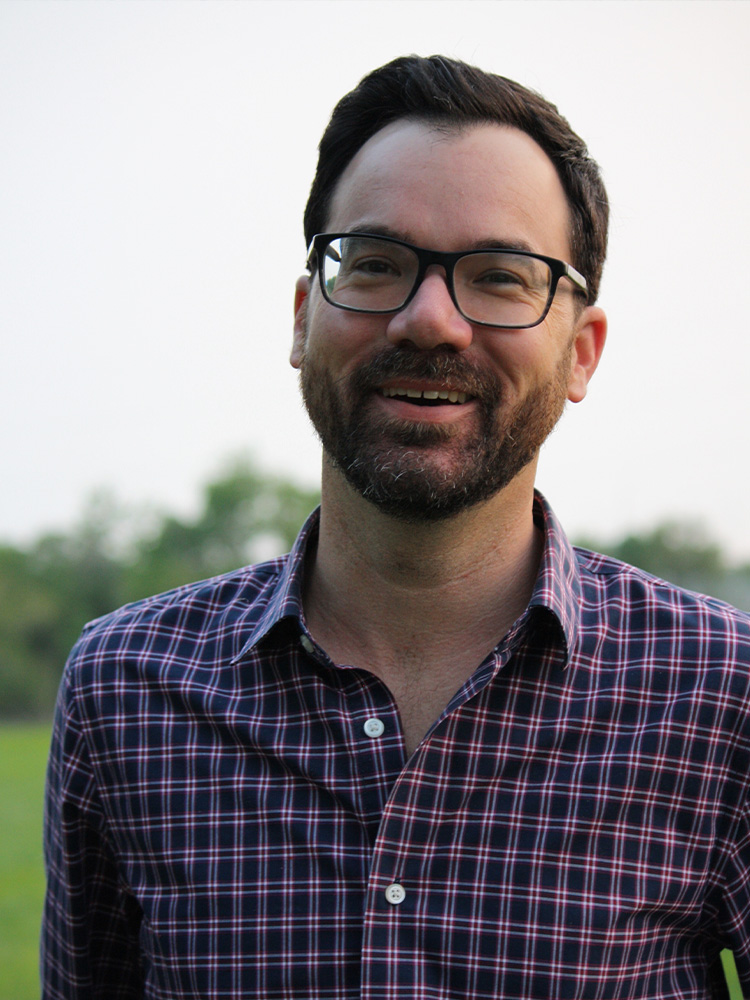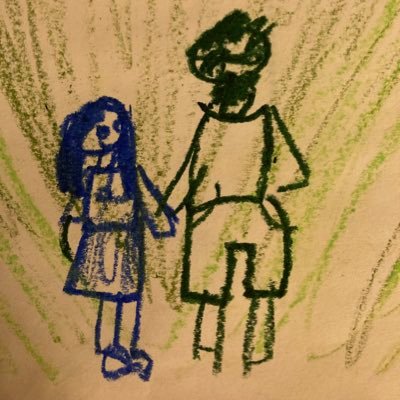
Kevin Clouther
- Program Coordinator
- Fiction and Creative Nonfiction Mentor
- MFA in Writing
Additional Information
Biography
Kevin Clouther is the author of the story collections Maximum Speed (Cornerstone) and We Were Flying to Chicago (Catapult). His stories have appeared in Gettysburg Review, Joyland, New Orleans Review, Ruminate, and StoryQuarterly, among other journals, and he has contributed essays to The Millions, Salon, and Tin House.
He holds degrees from the University of Virginia and Iowa Writers’ Workshop and is the recipient of the Richard Yates Fiction Award and Gell Residency Award. He is an Associate Professor at the University of Nebraska Omaha Writer’s Workshop, where he directs the MFA in Writing. He lives with his wife and two children in Omaha.
Teaching Philosophy
“I want to help students actualize their literary ambitions and expand their narrative possibilities. I want to help students write new work and revise old work (the proportion depends on the student). I recommend stories, novels, essays, memoirs, etc. that illuminate the paths students are already following and open new paths for students to explore. Mentoring represents an opportunity to inspire within students an awe for something larger than themselves, a wonder for the writing that has shaped the way we consider not only language but also human experience. I try to expose students to the moral significance of literature and the thrill of beauty. My emphasis is threefold: challenging students to think about their writing personally, providing them the guidance to produce original work, and instilling in them a respect for process, as well as the traditions that guide it.”

Additional Information
Biography
Kevin Clouther is the author of the story collections Maximum Speed (Cornerstone) and We Were Flying to Chicago (Catapult). His stories have appeared in Gettysburg Review, Joyland, New Orleans Review, Ruminate, and StoryQuarterly, among other journals, and he has contributed essays to The Millions, Salon, and Tin House.
He holds degrees from the University of Virginia and Iowa Writers’ Workshop and is the recipient of the Richard Yates Fiction Award and Gell Residency Award. He is an Associate Professor at the University of Nebraska Omaha Writer’s Workshop, where he directs the MFA in Writing. He lives with his wife and two children in Omaha.
Teaching Philosophy
“I want to help students actualize their literary ambitions and expand their narrative possibilities. I want to help students write new work and revise old work (the proportion depends on the student). I recommend stories, novels, essays, memoirs, etc. that illuminate the paths students are already following and open new paths for students to explore. Mentoring represents an opportunity to inspire within students an awe for something larger than themselves, a wonder for the writing that has shaped the way we consider not only language but also human experience. I try to expose students to the moral significance of literature and the thrill of beauty. My emphasis is threefold: challenging students to think about their writing personally, providing them the guidance to produce original work, and instilling in them a respect for process, as well as the traditions that guide it.”
